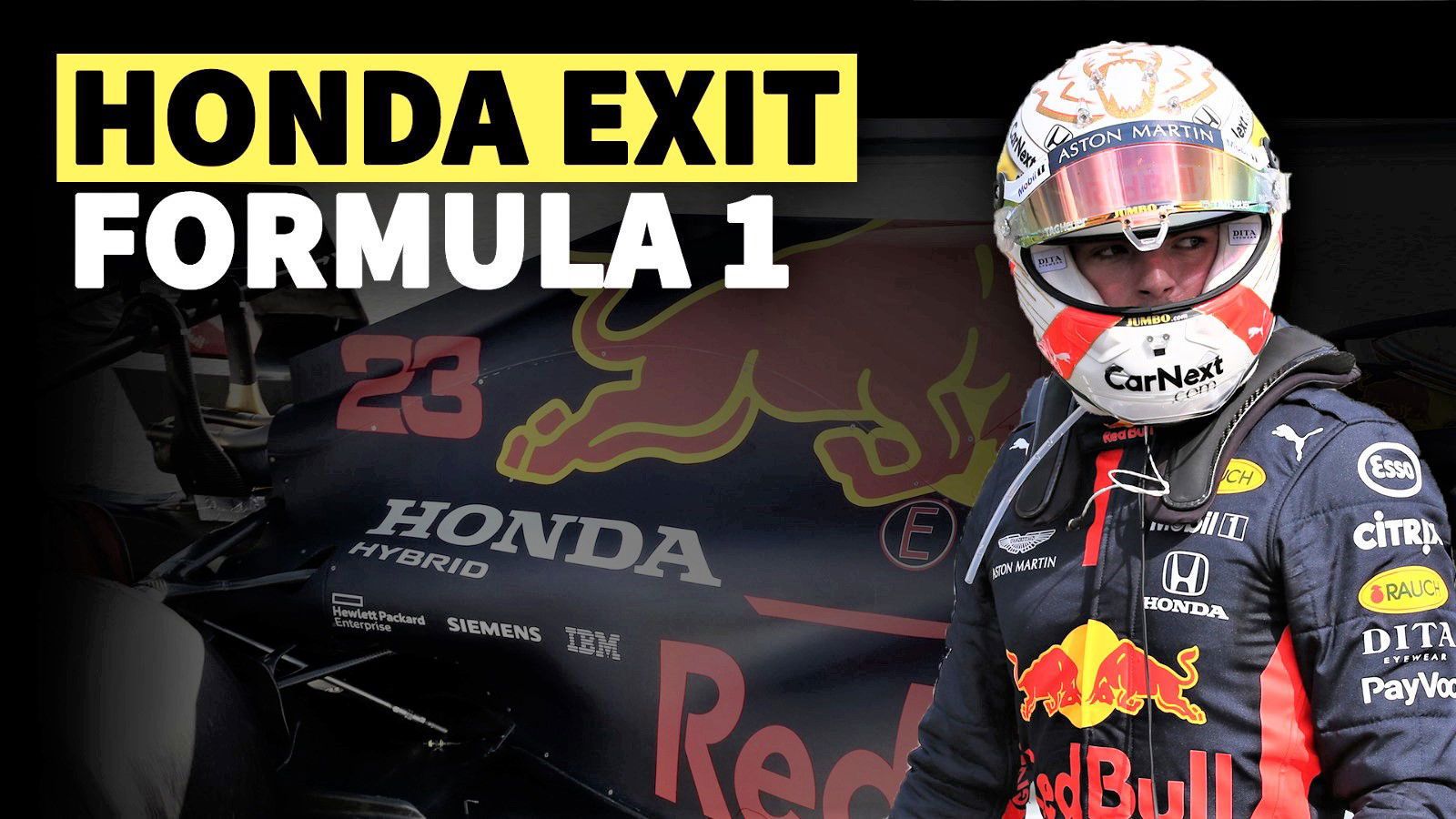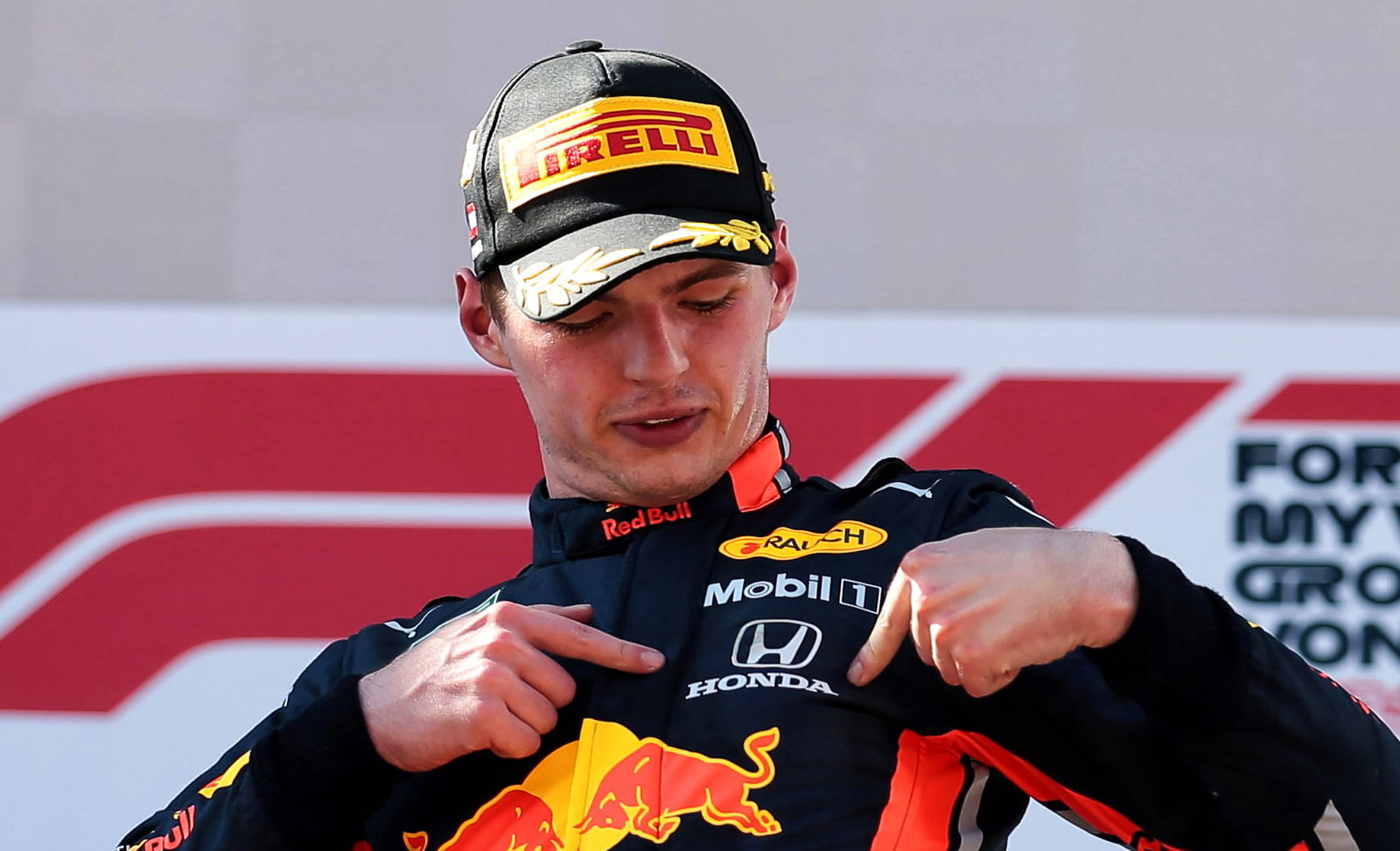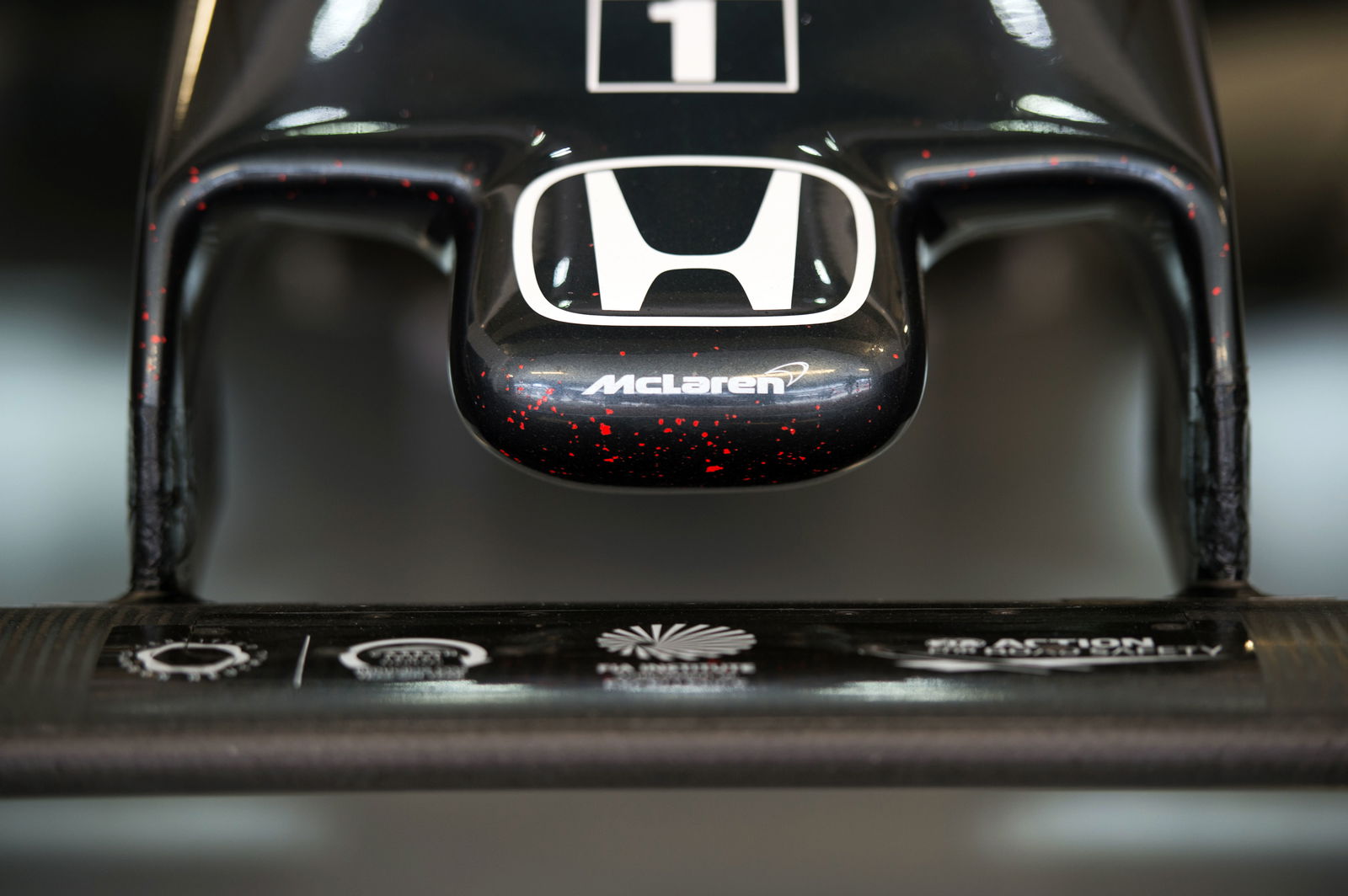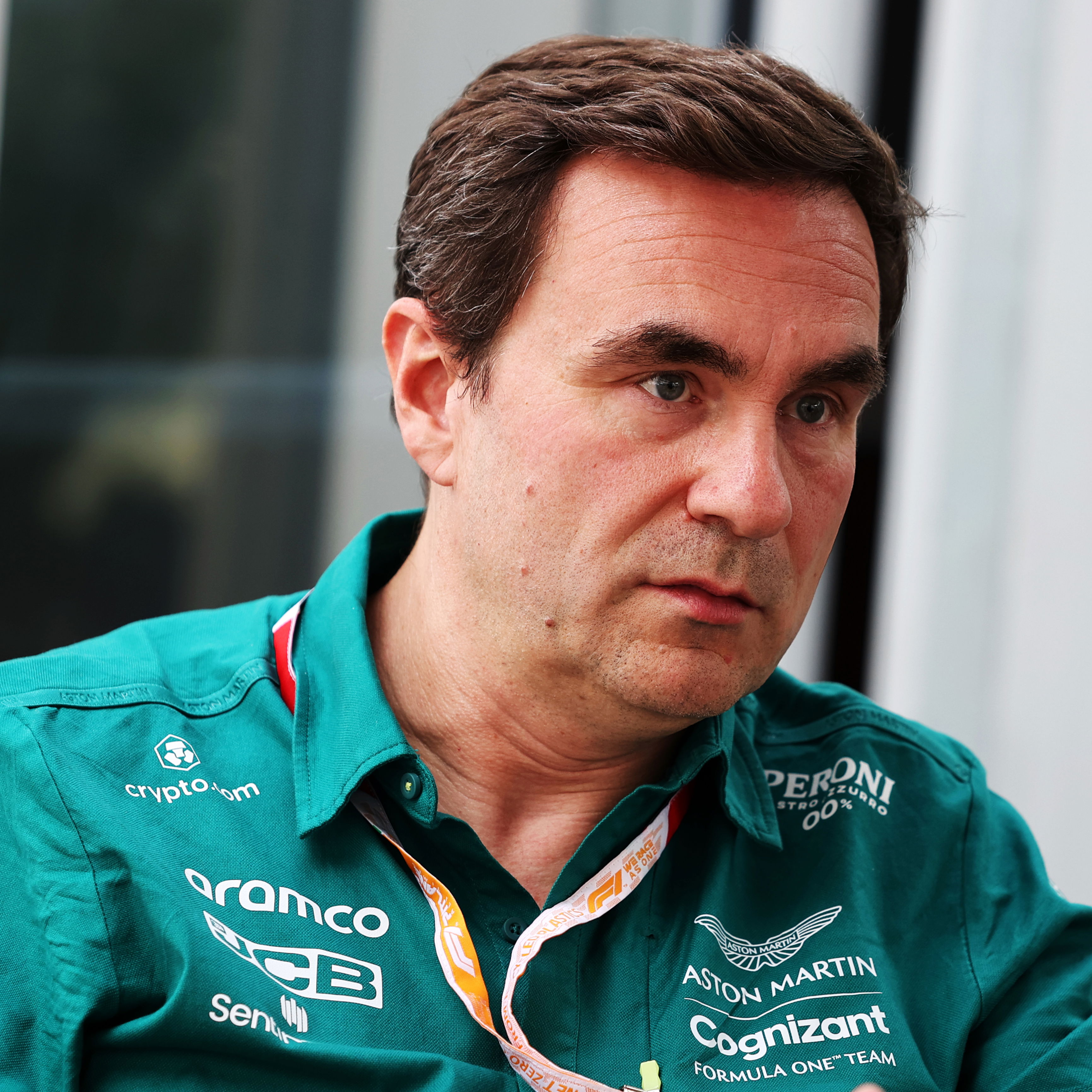Honda F1 exit: Who, what, when and why is it leaving now...

Honda has sent ripples across the F1 world by announcing it will exit the sport at the end of the 2021 F1 season.
The announcement, as it stands, means current partners - Red Bull Racing and its sister team AlphaTauri - do not have an engine supply deal in place from 2022 onwards when the next generation of technical regulations come into force.
In a long and detailed statement, Honda President Takahiro Hachigo explains the automotive industry is going through a ‘once-in-a-hundred year transition’ which roughly translates as a significant and brand-overhauling change of philosophy to put sustainability and carbon neutrality at the heart of its company ethos.
VIDEO: Why Honda is leaving Red Bull - and F1 - in the lurch now...
In short, F1 just doesn’t align with Honda’s future as a company if it wants to be and be seen as an automotive pioneer in a greener age.
This marks the beginning of the end for Honda’s latest - and rather tumultuous - stint in F1, after periods over the last few decades when it has competed as a constructor - as recently as 2008 - and perhaps most significantly as a title-winning engine supplier to McLaren and Williams in the 80s and early 90s.
Evoking memories of Ayrton Senna and Alain Prost, it’s why Honda’s return to F1 in 2015 with McLaren generated such great fanfare, while as a brand new manufacturer committing F1’s new V6 Hybrid power unit formula, it represented a big coup for the sport in luring the Japanese firm back.
However, the project was fraught with issues from day one and became a PR disaster for Honda, McLaren and even F1 in its attempts to promote its new approach to potential investors.
With the McLaren Honda proving woefully unreliable and significantly slower than rivals, while many pointed to the sheer complexity of the formula for why Honda struggled to get its Power Unit up to scratch, the laborious process of doing so quickly strained relations with McLaren and earned it a wave of negative publicity from Fernando Alonso’s often brutal comments in the media.
That relationship came to an unsatisfactory end at the conclusion of the 2017 season, leading to a new relationship with Red Bull, albeit only in the back of the Toro Rosso car for 2018.
However, Red Bull Racing and Honda’s first season together in 2019 proved significantly more successful with Max Verstappen bringing the firm its first F1 victory as a brand since 2006. Four more wins, including a famous one for Pierre Gasly in the AlphaTauri at the 2020 Italian Grand Prix followed.
While the odd reliability concern and a disparity in performance to Mercedes especially have lingered, Red Bull has certainly benefited from having a more dedicated partner to work alongside, unlike former partners Renault who - along with Mercedes and Ferrari - will always prioritise their own constructor efforts.
As it stands - short of developing another engine by itself or with another outside firm, such as Cosworth - it means Red Bull will now need to convince one three major on track rivals to get use of its engines, no doubt a sobering prospect for a team that has more than once been a thorn in the side for each for various reasons.
Honda’s exit - or more specifically, the reasons for them - are bigger than Red Bull though. The announcement is a somewhat damning indictment of F1’s future direction and it being at odds with the wider automotive industry, which is having to revolutionise in order to meet increasingly strict environment laws and adapt to consumer demands for sustainability over performance.
While it may not set the tone for one of the three existing brands to leave, it suggests F1 will need to think more carefully about its own direction if it a) still wants its manufacturers to stay and b) have a hope of luring new ones, something it hasn’t been able to do for some time.







